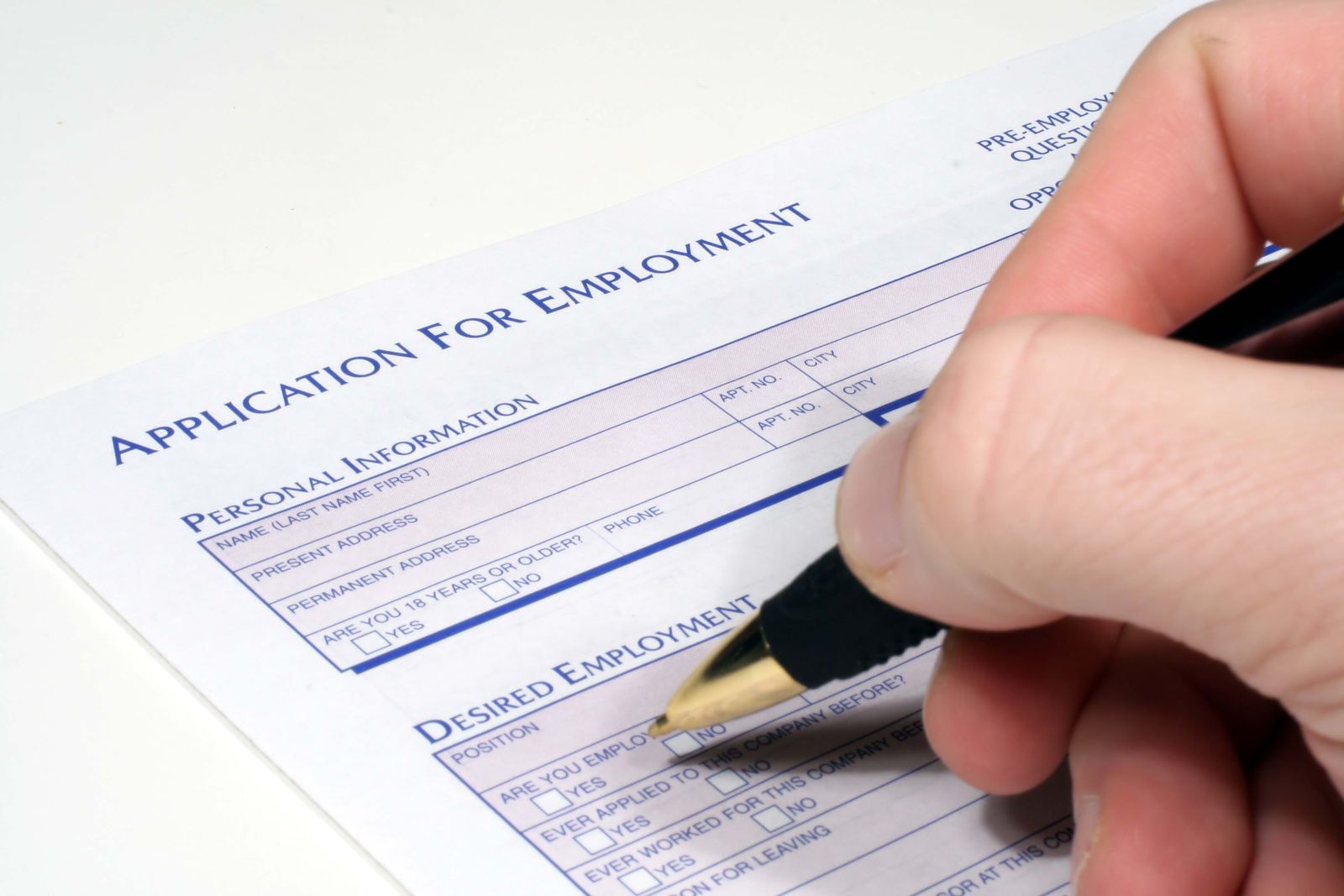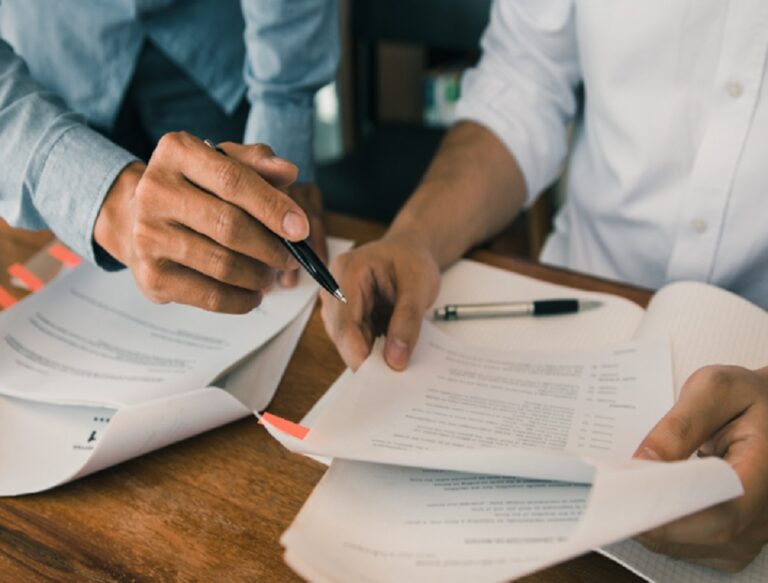
If you lose your job, you’re probably having some trouble making ends meet. For many people, it requires cutting back on discretionary spending. But at the end of the day, they can still afford a place to live, can put food on the table and get to and from work.
One reason people can still survive after losing a job is because of unemployment benefits. Eligible employees can receive cash payments from their state each week for a set amount of time or until they find a new job.
But even when receiving unemployment, some people still can’t make their debt payments and pay their bills. As a result, they need to file bankruptcy. But is it possible to file bankruptcy in Alabama even if you’re collecting unemployment benefits? Yes, you can. However, there are some factors to consider before you hire a bankruptcy lawyer in Birmingham.
Factor #1: Bankruptcy Exemptions
Bankruptcy exemptions protect certain types of property (up to a certain value) from bankruptcy creditors. The goal is to leave a borrower with a basic standard of living no matter what the creditors take during the bankruptcy process.
Bankruptcy exemptions are outlined under federal law. Yet states can make their own bankruptcy exemptions that apply to their residents. Bankruptcy exemptions typically include things like:
- Personal property
- Medical equipment
- Child support
- Primary vehicle
- Tools and equipment used for work
- Retirement accounts
- Unemployment benefits
Not all states have the same exemptions, but unemployment benefits qualify as a bankruptcy exemption property under Alabama state law. When you file bankruptcy, you will list your unemployment insurance benefits as exempted property on form Schedule C.
Because your unemployment benefits are exempt, it means that all the money you receive through unemployment can’t be taken by your creditors during bankruptcy. But your unemployment benefits could still affect your bankruptcy proceedings.
Factor #2: Which Type of Bankruptcy Will You File?
For most borrowers in Alabama and the rest of the United States, there are two types of bankruptcy to choose from. First, there’s Chapter 7 bankruptcy. This allows individuals to discharge, or get rid of, most (if not all) of their unsecured debts. But a borrower can only file for Chapter 7 bankruptcy if they meet the income requirements.
Second, there’s Chapter 13 bankruptcy. This is a restructuring type of bankruptcy where borrowers will work with their creditors to change how the debts get paid.
When the Chapter 13 debt reorganization is over, the borrower will have a repayment plan that they must follow for three to five years. Then any leftover debts can get discharged. One of the advantages of Chapter 13 bankruptcy is that it makes it easier for a borrower to keep his or her home.
Even though unemployment benefits won’t stop you from filing bankruptcy, it might affect which type of bankruptcy you file.
When deciding if you’re eligible for Chapter 7 bankruptcy, the court will look at your income, including whatever you’re receiving as unemployment. This is called the means test and involves comparing your gross income to the median household income for a family of the same size in your state.
For most bankruptcy filers, their unemployment benefits will not be enough to disqualify them from Chapter 7 bankruptcy. But in a rare situation, it’s possible.
If you want to file for Chapter 13 bankruptcy, you must have enough income to not only pay your basic living expenses, but also make regular payments to your creditors during your repayment plan. If you’re receiving unemployment benefits, there’s a good chance you won’t have the cash flow to do that.
However, it’s possible (although rare) that your financial situation could allow you to qualify for Chapter 13 bankruptcy (and disqualify you from Chapter 7) with the help of unemployment benefits.
Factor #3: When Will You File Bankruptcy?
When you file bankruptcy will matter due to the Chapter 7 means test. That test will look at your income for the six months before filing. Depending on when you lose your job and how long your unemployment insurance benefits last, it could result in you passing or failing the means test.
For example, let’s say you lost your job last month and want to file Chapter 7 bankruptcy. Looking at your income from unemployment insurance suggests that you will pass the means test and qualify for Chapter 7 bankruptcy. Not so fast.
You’ve only been receiving unemployment benefits for the past month or so. There are still five months of income information that the bankruptcy court will consider in deciding if you qualify for Chapter 7 bankruptcy or not. Depending on how much money you made at your previous job, it could result in you being ineligible for Chapter 13 bankruptcy.
In this situation, it might be best to wait until it’s been six months since you lost your job. Alternatively, you could wait until your unemployment insurance benefits run out, which could occur over the next few months.
Need More Help Figuring Out How Unemployment Affects Bankruptcy?
If you’re still not sure how your unemployment benefits will affect your bankruptcy, it doesn’t hurt to talk to a bankruptcy lawyer. They can take a look at the facts of your case and decide what the best course of action might be. Perhaps you’ll want to act now, or maybe waiting a few months is best. Either way, you want to make the most informed decision possible and they can help you do that.







